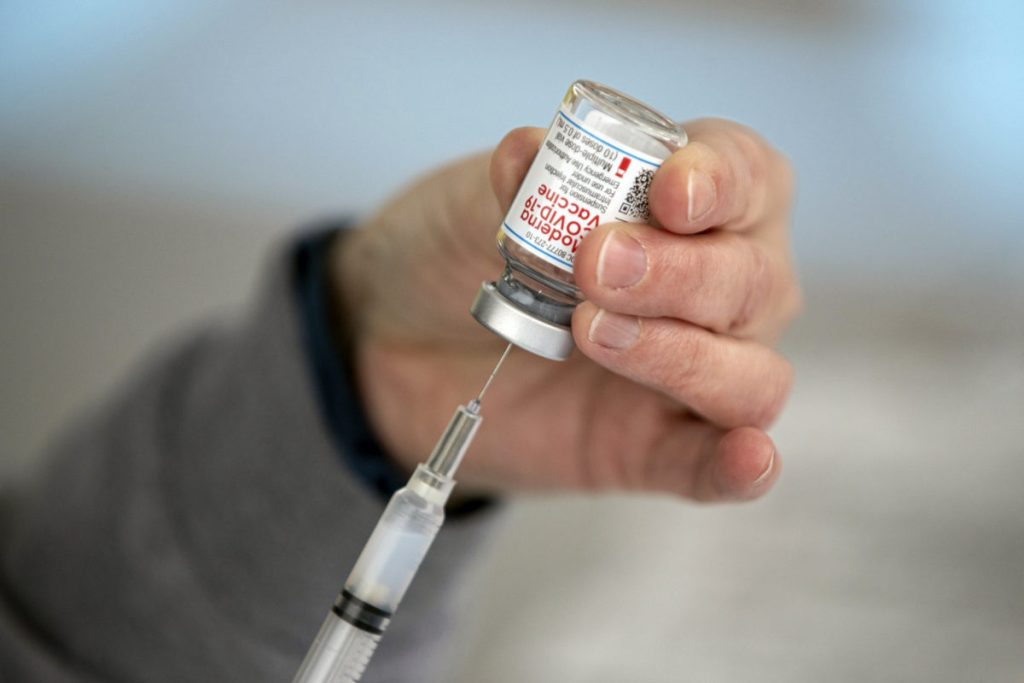As COVID-19 vaccinations are rolled out across the country, there are countless questions being asked about their safety and efficacy: Why are there so many vaccines being developed? Is there benefit to one over the other? During this time, it is normal to feel anxiety about the COVID-19 vaccine, especially as misinformation continues to circulate. Therefore, it is critical that you have access to the information you need to better protect you and your loved ones.
there so many vaccines being developed? Is there benefit to one over the other? During this time, it is normal to feel anxiety about the COVID-19 vaccine, especially as misinformation continues to circulate. Therefore, it is critical that you have access to the information you need to better protect you and your loved ones.
Here are some common questions (and answers) you may be hearing:
1. Why are there so many vaccines being developed?
The best solution to deal with the shortage of vaccines is to develop more. There are many COVID-19 vaccines in development around the world to help increase our chances of ending the pandemic. We need vaccines that can work for a variety of people. There are several approaches to preventing the virus, and different approaches may have different strengths and weaknesses. This will make vaccines available for everyone.
2. What COVID-19 vaccines are authorized and recommended for use?
Currently, two vaccines (Pfizer-BioNTech and Moderna) are authorized and recommended by the Food and Drug Administration to prevent COVID-19 in America under the FDA’s Emergency Use Authorization.
As of Dec. 28, 2020, there are three Phase 3 clinical trials in progress or being planned in the United States including vaccine candidates sponsored by AstraZeneca, Novavax and Janssen. Many other vaccines are being developed and tested elsewhere in the world.
3. What are the different types of vaccines and how do they work?
All COVID-19 vaccines help your body build immunity to the virus that causes COVID-19. There are currently three types of COVID-19 vaccines that offer similar protection against the virus, including mRNA vaccines, protein subunit vaccines and vector vaccines.
The Pfizer and Moderna vaccines are mRNA vaccines which prompt our bodies to recognize and protect us from the virus. None of these vaccines include the live virus — you will not be injected with coronavirus when you receive a vaccine which means that you cannot get COVID-19 from a vaccine. To learn more about the differences between the types of vaccines, visit the Centers for Disease Control and Prevention website at https://www.cdc.gov/coronavirus/2019-ncov/your-health/need-to-know.html.
4. Is one vaccine expected to be more effective than the other?
Currently approved vaccines are similar in safety and efficacy and work in a variety of population groups. Each vaccine has been tested in various age groups, races, ethnicities, etc. to ensure efficacy.
5. How many doses are necessary to protect from COVID-19?
Most COVID-19 vaccines in the United States require two doses. The second injection will be given at least 21 days after the first, though the specific time frame may differ based on the vaccine you are receiving.
One vaccine currently in the Phase 3 clinical trials only requires one dose.
6. When will the vaccine be available to the community?
There is currently a limited supply of COVID-19 vaccines in the United States. However, the goal is for everyone to be able to easily get the vaccine once supply increases within the weeks and months to come. As of now, vaccinations are being rolled out in groups: Phase 1b and Phase 1c. On Dec. 22, the CDC recommended vaccinations be given to Phase 1b first including essential workers and people aged 75 years and older. The next recommended group to get the vaccine is Phase 1c which includes people aged 65-74, people aged 16-64 with underlying health conditions and other essential workers.
7. Is the COVID-19 vaccine free?
Yes, the COVID-19 vaccine will be available in the U.S. at no cost.
8. Where can I get the vaccine?
The goal is to have thousands of providers offering the COVID-19 vaccine around the country. Ultimately, the plan is to have the vaccine readily available at retail pharmacies, hospitals, doctors’ offices and federally qualified health centers once supply is available.
9. Are there any possible side effects?
Sometimes, it is possible to feel mild flu-like symptoms like chills, tiredness and headache after getting the vaccine. This is normal and is a sign that the body is developing immunity. However, these symptoms are not correlated to COVID-19. It is important to remember that none of these vaccines contain the live virus that causes COVID-19, meaning a vaccine will not make you sick from the disease and will not cause you to test positive for COVID-19.
10. Am I exempt from lockdown restrictions once I have been vaccinated against COVID-19?
Though you are protected from getting sick with COVID-19 after getting the vaccine, you will not be exempt from lockdown restrictions.
For more information on Meharry’s vaccine efforts, visit https://home.mmc.edu/covid-19trial/.


